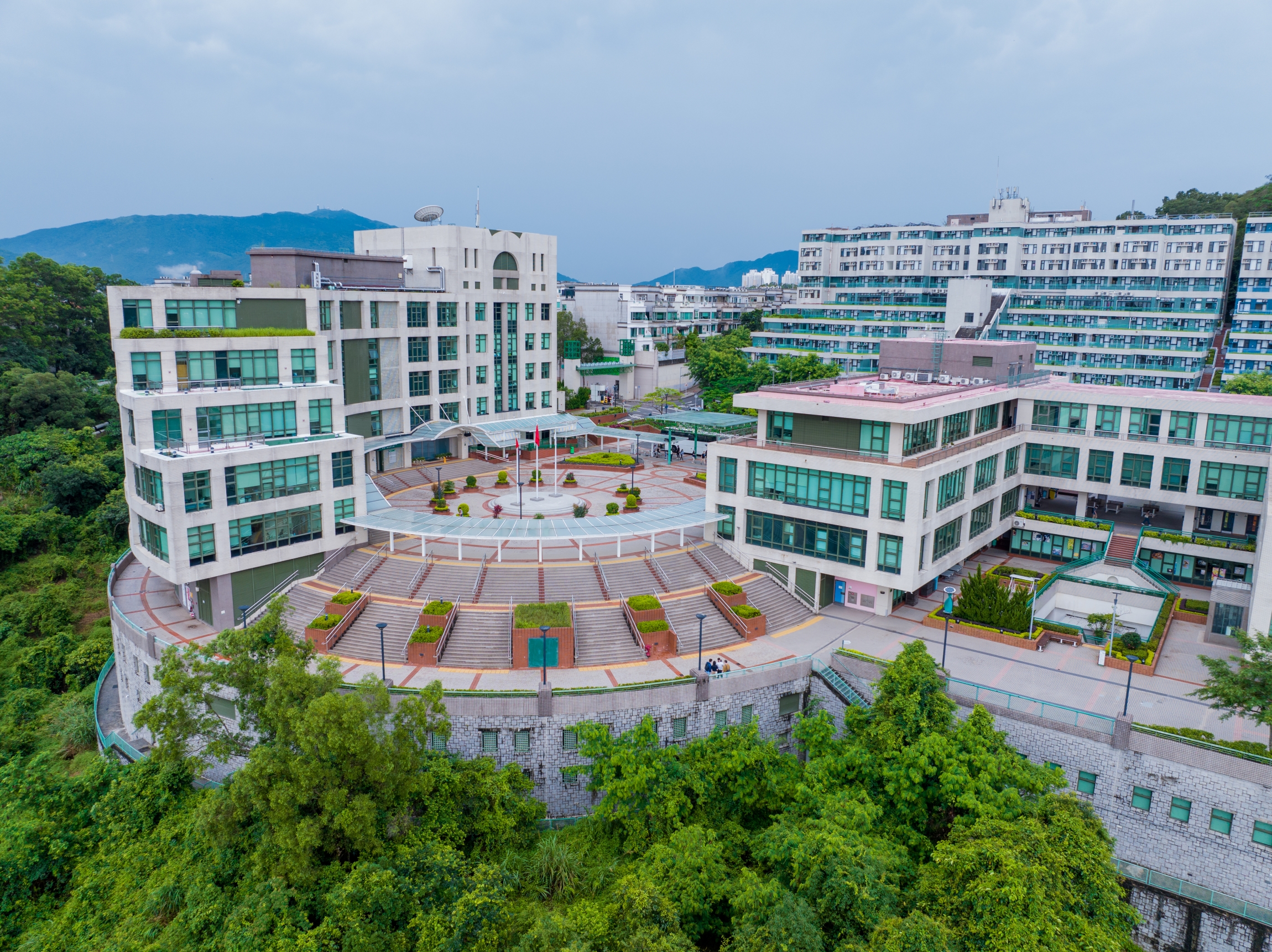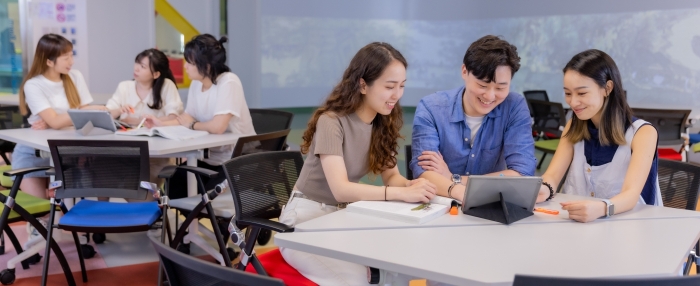Leveraging its leading role in teacher and talent development and education innovation, the University is committed to fostering sustainable development, locally and globally. Aligned with the United Nations’ Sustainable Development Goals and with national and local government policies, the University aspires to cultivate an environmentally conscious mindset among the members of its community. In the coming years, we will continue to collaborate seamlessly with stakeholders to implement various measures, install facilities and encourage best practices and sustainable lifestyles within the University’s daily operations and activities. Our sustainability initiatives and measures encompass finance, procurement, catering services on campus, digitisation and automation, increased mobile and app usage, paperless office work and online services, more data-driven and AI-enhanced decision-making, cybersecurity reinforcement, emissions reductions, reduced electricity consumption, more clean and affordable energy consumption, resource-saving measures, the promotion of diversity and inclusiveness among staff and students, gender equality and justice, and collective climate actions across the University community.

Supporting the United Nations’ Sustainable Development Goals
The University has rolled out the following diverse range of initiatives to align with the sustainable development of Hong Kong SAR and work in collaboration with the university community to achieve the Sustainable Development Goals.
- We have set targets to reduce greenhouse gas emissions per capita by 30% in scope 1 (direct) and 2 (indirect) emissions by 2030/31 based on 2018/19 levels and to reduce electricity consumption per capita by 8% by 2030/31 based on 2018/19 levels.
- To promote the use of clean energy on campus, we will extend the installation of solar panels to other suitable areas of existing and newly built premises. We have also set a target to equip at least 50% of the parking spaces in Block A with 13A chargers in the coming years.
- To save energy and natural resources, the University will replace more conventional lights with LED-type lighting and install more water-saving equipment on campus. Ageing plant and equipment, especially chillers and air-handling units, will be replaced with energy-efficient models. Furthermore, we will install more smart control devices, such as daylight sensors and motion sensors, to turn off the lighting and air conditioning when rooms are unoccupied.
- We will continue with other sustainability promotion activities, such as campus recycling day, Eat For The Planet, Earth Hour, Waste and Carbon Audit and Lunch Boxes Loaning.
- Considering the growing financial pressure on funding allocated to manpower-planned programmes amid a continual trend of low birth rates in Hong Kong SAR, University management has identified “financial sustainability” as one of the six principal risks for the institution and launched a concerted effort across the University to formulate mitigation plans and risk treatment. Financial projections and stress tests are being performed on an ongoing basis to assess financial resilience in coping with potential future funding challenges and consider the discontinuation of ineffective programmes, schemes or initiatives to facilitate the redeployment of resources towards areas of strategic priority.
- To drive continuous improvement in the productivity and efficiency of the administration supporting the University’s academic endeavours, University management continues to explore the possibility of identifying quantitative performance measures for administrative functions, beginning with the University-wide supporting functions in finance, IT, HR and campus development and management. In the longer run, productivity and efficiency gains would empower the University with the agility and resilience to redeploy administrative resources to support the University’s core initiatives more promptly and effectively.
- Emphasising environmental consciousness and promoting responsible consumption and production, the University has adopted a green procurement policy to secure high-quality products and services. Regulations and guidelines on catering services and waste disposal will also be updated regularly to help create a greener and more environmentally friendly campus environment.



